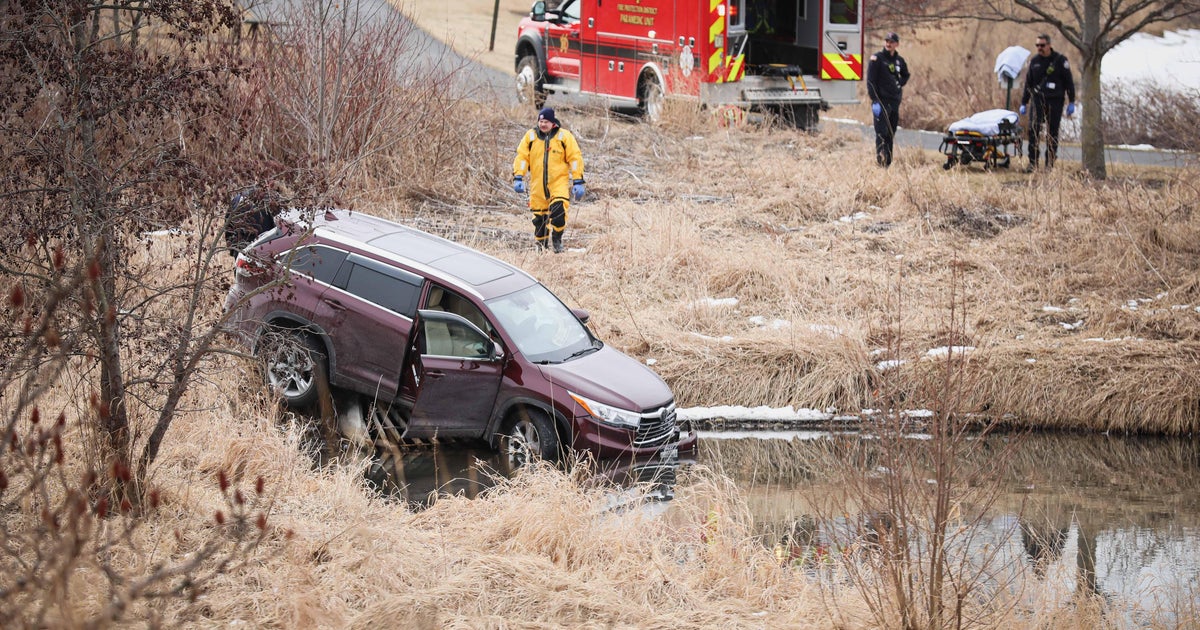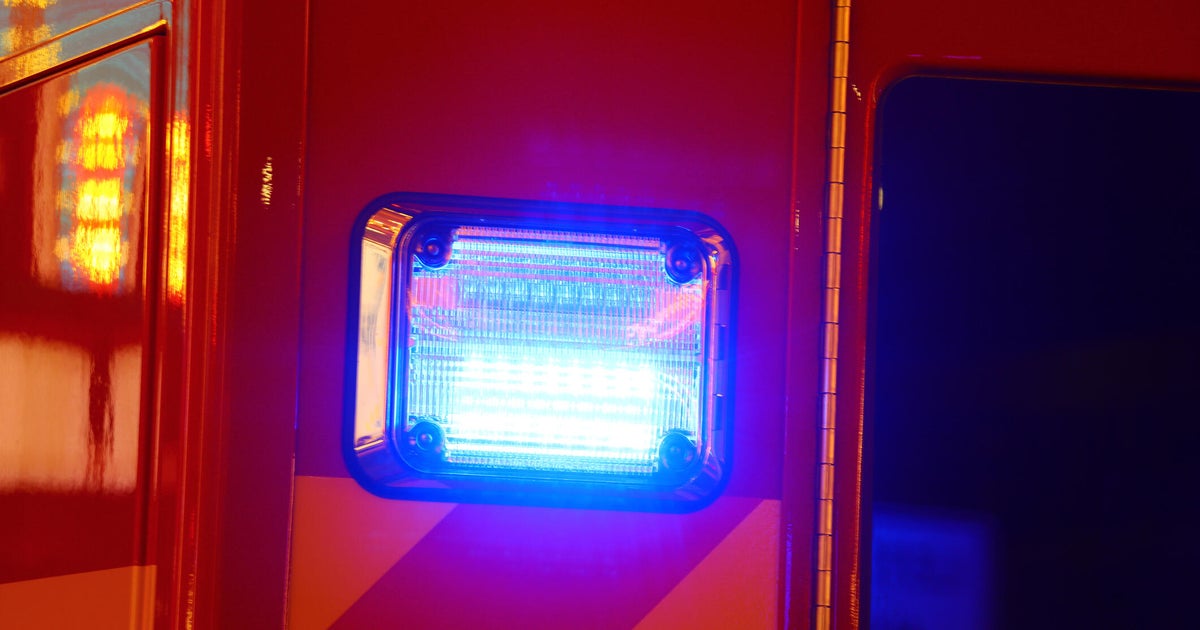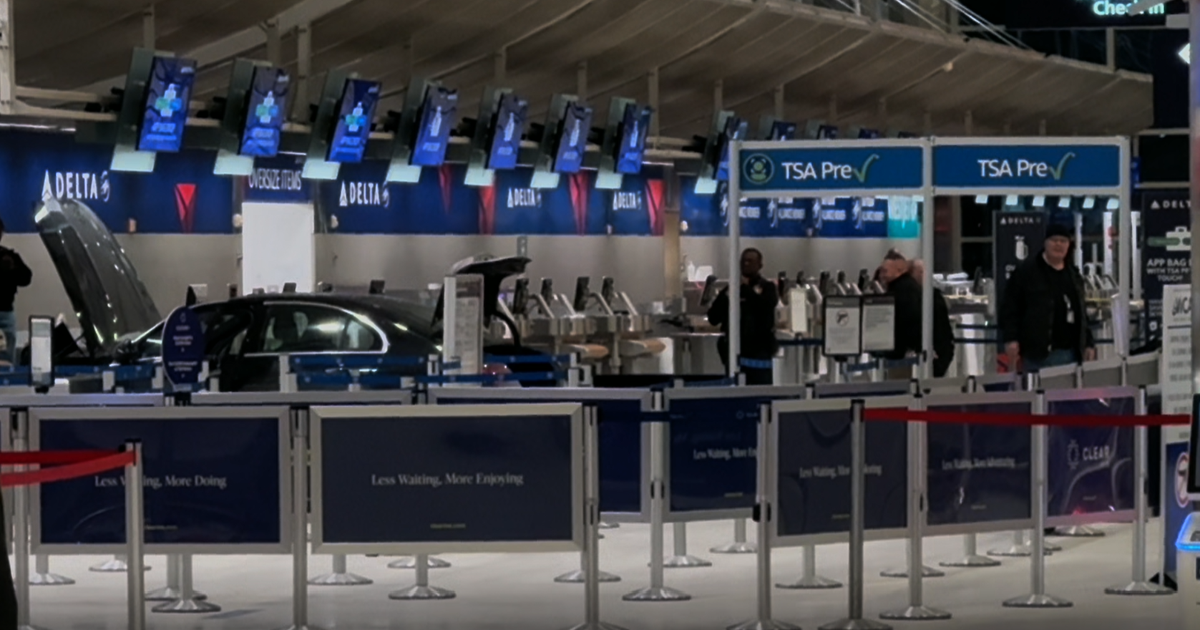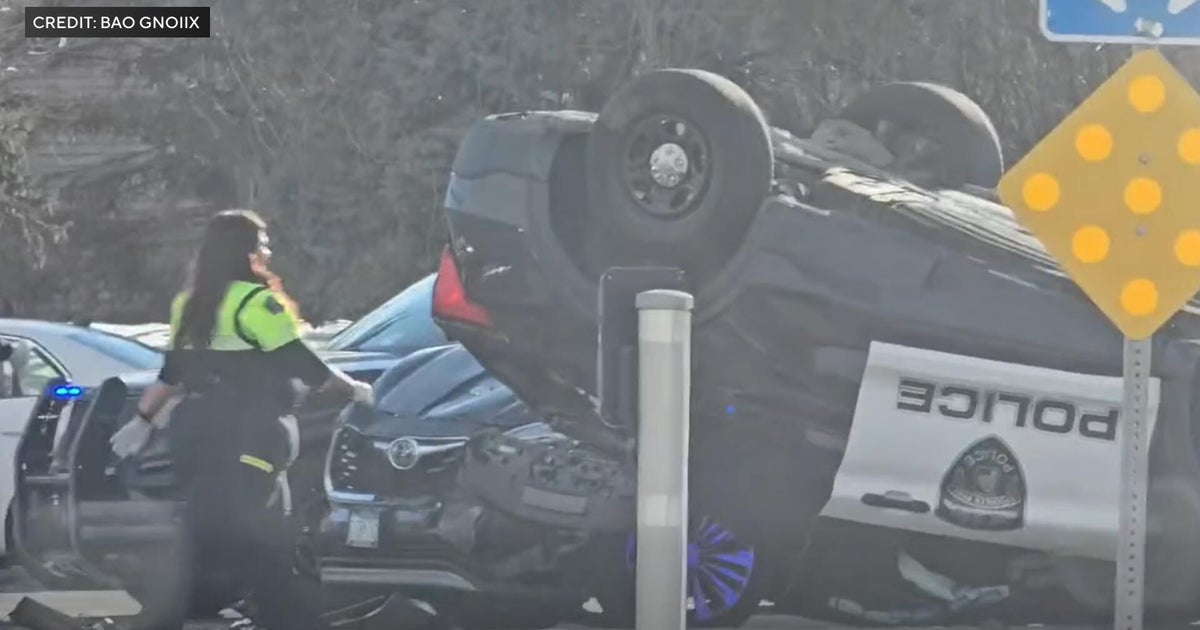Study: Night Shift Drivers As Bad As Drunken Drivers Or Narcoleptics
DETROIT (WWJ) Night shift workers, who are at work during the body's natural time of "low alertness," are at increased risk of dangerously drowsy driving when they head home.
A new study found that four-in-10 night shift workers were at risk of causing a car crash. Specifically, the study showed 37.5 percent of motorists participating in a test drive after their night shift were involved in a near-collision. The same drivers after having had enough sleep had no such incidents.
Their reactions, tested in a pair of two-hour driving sessions on a closed track, were similar to someone with narcolepsy or a driver who had tossed down a few drinks. The study was published in Proceedings of the National Academy of Sciences.
"This actually isn't surprising at all, it's unfortunate but it's not surprising," said Cathy Goldstein, assistant professor of neurology at the University of Michigan Sleep Disorder Center.
She added to WWJ's Dr. Deanna Lites: "These individuals, even if they try to sleep during the day, we find it's much more common for night shift workers to have shorter sleep than people who work normal shifts ... And then they're driving home after they've been up all night."
So, what do you do if you're a nurse, doctor, airline pilot or auto worker?
Here are Goldstein's tips:
- Bright light is your friend to help shift your internal clock to nighttime alertness, Goldstein said. It helps to stay near a bright light the first half of a shift, especially.
- Take melatonin before going to sleep during the day, to help create feelings of sleepiness.
- Stick with the same schedule of sleeping during the day and staying awake at night -- even when you have days off.
"Even if they try to sleep during the day, it's common for night shift workers to have less sleep," Goldstein said.







